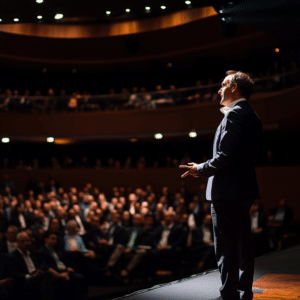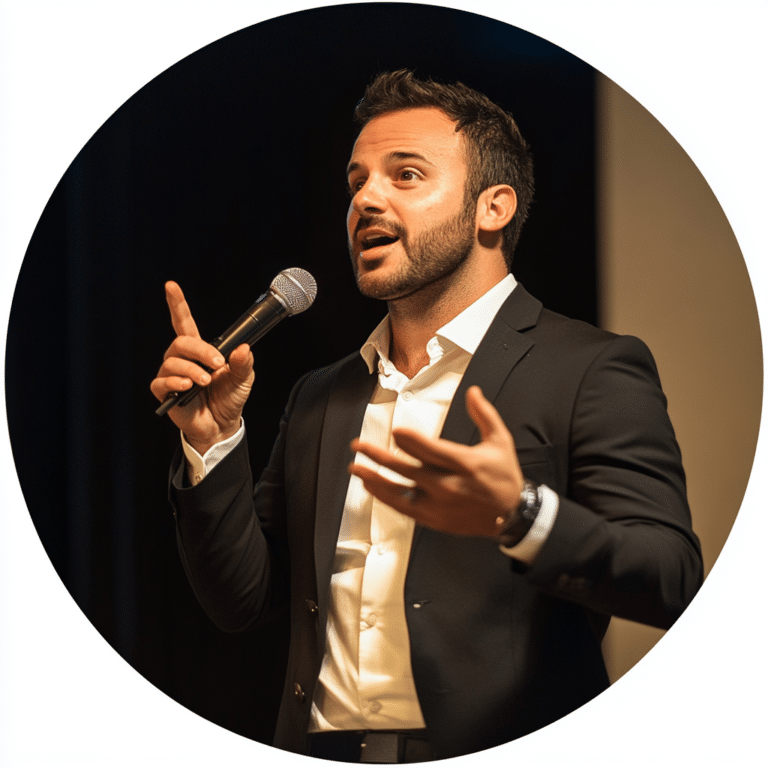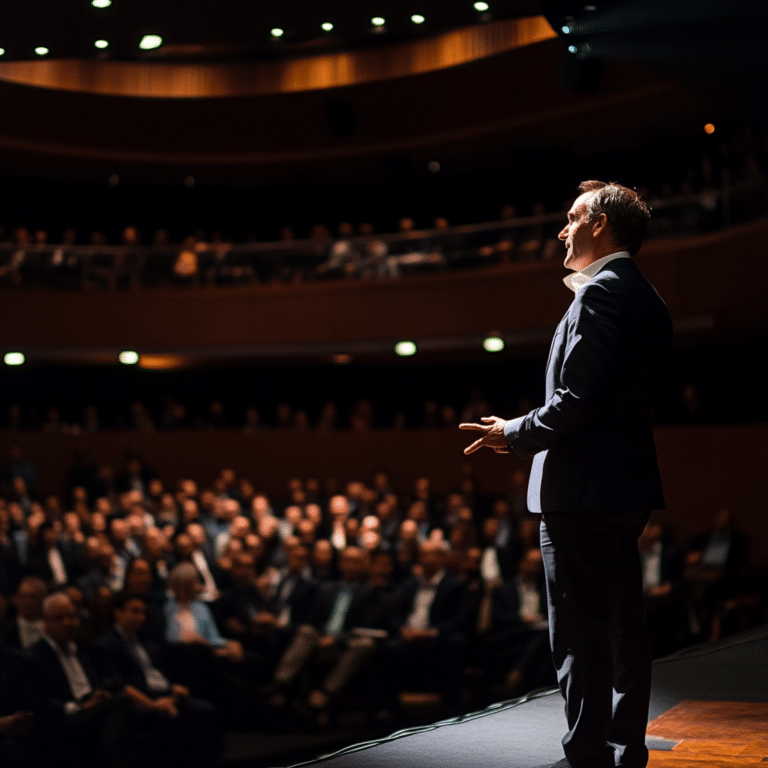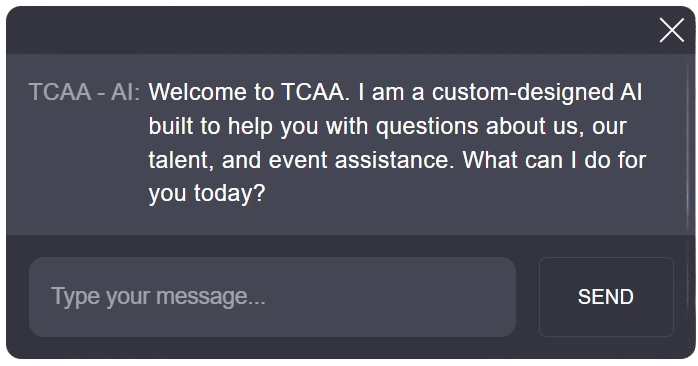Leverage Keynote Speaker Marketing to Elevate Your Event
Understanding Keynote Speaker Marketing
Keynote speaker marketing represents the harmonious intersection where compelling storytelling meets strategic brand elevation. When organizations enlist an expertly chosen keynote speaker, they gain the ability to amplify their message, energize audience engagement, and ensure their event’s success resonates far and wide.
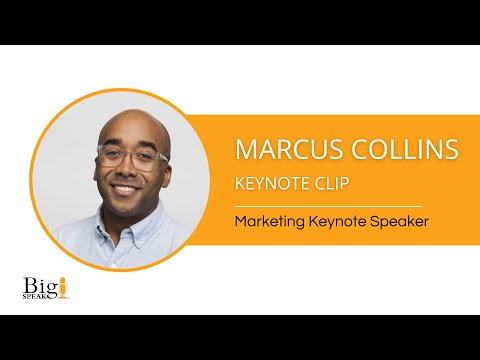
The Top 5 Benefits of Incorporating Keynote Speaker Marketing in Your Strategy
1. Enhancing Brand Credibility and Authority
Incorporating a high-profile keynote speaker, such as Simon Sinek or Brené Brown, into your event elevates your organization’s credibility. Their established expertise and fan base confer a sense of authority and trust on your brand. For example, IBM witnessed a significant boost in corporate credibility when Ginni Rometty, their former CEO, headlined a major tech conference.
2. Engaging and Retaining Audience Interest
In our digital-first era, grabbing and keeping audience attention is paramount. Keynote speakers with compelling narratives and dynamic presentation styles can transform attendee experiences. Think about Elon Musk’s speeches at Tesla events; his visionary storytelling holds the audience spellbound, ensuring they remain engaged throughout.
3. Amplifying Event Reach through Social Media
Keynote speakers often come with substantial social media followings. When Richard Branson speaks at an event, his address doesn’t just impact the in-person audience; it reverberates across his millions of followers online who eagerly share his insights. This ripple effect dramatically boosts your event’s visibility.
4. Driving Ticket Sales and Attendance
The allure of a renowned keynote speaker can draw large crowds. Salesforce’s Dreamforce conference, for example, consistently sees record-breaking attendance by leveraging speakers like former U.S. presidents and industry innovators, driving ticket sales and amplifying event impact.
5. Strategic Networking Opportunities
A keynote speaker can attract other industry leaders to your event, fostering invaluable networking opportunities. These interactions often lead to collaborations, partnerships, and new business ventures. Microsoft’s Ignite conference frequently witnesses a surge of tech leaders due to their top-tier speakers, creating a thriving networking environment.

| Category | Details |
| Definition | A keynote speaker sets out the central theme of a conference, establishes and develops the main theme, and sets the overall tone for the event. They are commonly experts in their respective fields. |
| Purpose | To reinforce the event’s chosen theme and engage the audience by nailing them to the core message. |
| Fees | – $5,000 to $50,000 for professional speakers – Experts who aren’t professional speakers typically charge less – Some may speak pro bono for causes or for increased recognition |
| Experience Levels and Fees | – Free: Beginning speakers seeking exposure – $250 to $1,000: Average speakers – $40,000: 25th percentile for professional speakers – $57,500: 75th percentile for professional speakers |
| Geographical Influence | Keynote speakers in high-cost living areas tend to charge more compared to those in lower-cost living areas. |
| Benefits of Hiring | – Expertise in specific topics or industry – Ability to engage and inspire the audience – Boosts the event’s credibility and attractiveness |
| Professions Examples | – Professors – Local business owners – New authors |
| Role in Events | – Headline speaker – Central theme development – Audience engagement |
Crafting a Successful Keynote Speaker Marketing Campaign
Identifying the Right Speaker for Your Brand
Success in keynote speaker marketing hinges on choosing a speaker whose values, expertise, and audience align with your brand’s mission. This requires thorough research and industry-specific knowledge. While Tim Ferriss might be perfect for a startup symposium, Tim Cook could be more fitting for a technology summit.
Developing a Marketing Narrative Around the Speaker
Your marketing campaign should weave a narrative highlighting why your chosen keynote speaker is a fit for your event. Utilize blog posts, press releases, and promotional videos to show their relevance. INBOUND effectively utilized this approach by spotlighting Michelle Obama’s impact on leadership and community to market their event.
Leveraging Multi-channel Promotion
Maximize reach by promoting your keynote speaker through various channels—email marketing, social media, press releases, and partnerships. WebSummit skillfully employed a mix of digital channels and partner networks to promote keynotes by Al Gore and Margrethe Vestager, driving significant global interest and attendance.

Real-World Success Stories in Keynote Speaker Marketing
Dreamforce and the Power of Celebrity Connection
Salesforce’s Dreamforce conference is a stellar example of successful keynote speaker marketing. By featuring renowned personalities like Marc Benioff and Satya Nadella, they consistently draw substantial crowds and extensive media coverage, reinforcing their brand’s stature.
Ted Talks: Revolutionizing Content through Keynotes
TED exemplifies how effective keynote speaker marketing can transform an event into a global movement. Through carefully curated speakers who deliver ‘ideas worth spreading,’ they’ve built a brand synonymous with thought leadership and innovation.
Google I/O: Technological Innovation in Spotlight
Google I/O strategically uses marquee speakers, such as Sundar Pichai, to unveil groundbreaking technologies. This approach has cemented its position as a must-attend event, drawing attention from professionals and enthusiasts alike.
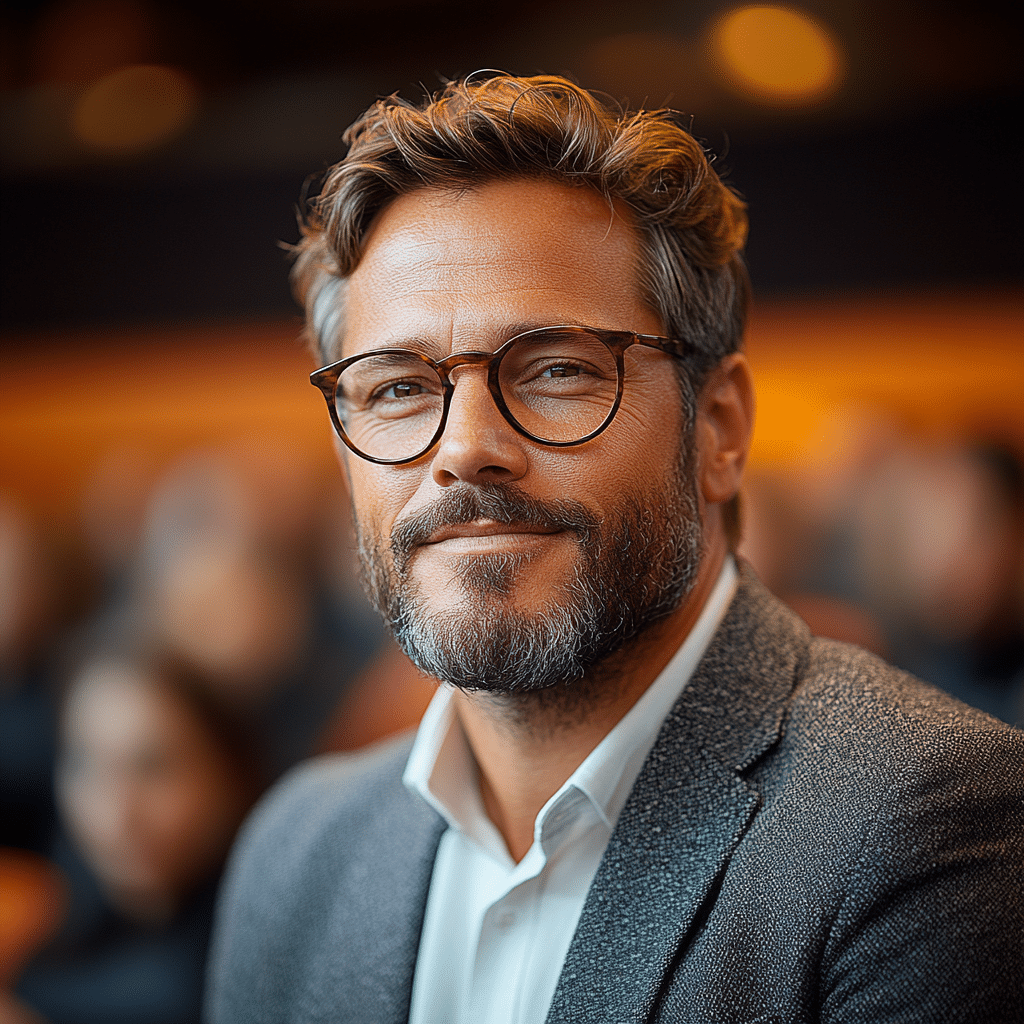
Effective Techniques for Post-Event Success
Maximizing Content Through Re-purposing
Ensure your event’s keynote address has lasting impact by re-purposing the content. Highlight key points in blog articles, create shareable snippets for social media, and develop detailed recaps. Adobe Summit successfully repurposed Shantanu Narayen’s keynote into various formats, extending its reach beyond the event.
Analyzing Metrics for Future Improvements
Analyzing key metrics—attendance rates, social media mentions, and audience feedback—is essential for optimizing future events. CES continually refines their speaker selections and marketing strategies based on comprehensive post-event analyses.
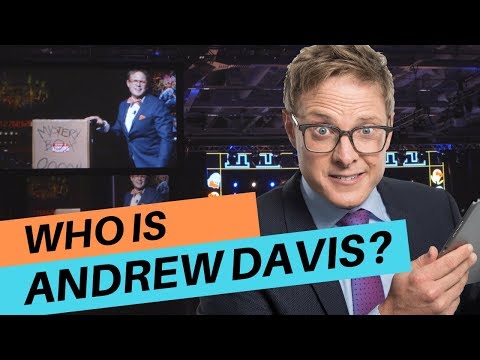
Elevating Your Events with Keynote Speaker Marketing
Harnessing keynote speaker marketing offers a multifaceted approach to creating impactful events. By expertly choosing and promoting speakers, organizations can elevate their brand and offer compelling and memorable experiences for their audiences. In the dynamic landscape of 2024, strategic keynote speaker marketing remains a vital tool for event success.
To learn more about keynote speaker marketing, explore executive keynote Speakers or seek public speaking Mentorship. Don’t settle for mediocrity; let’s make your next event unforgettable.
Keynote Speaker Marketing: Discover Extraordinary Benefits
Fascinating Tidbits About Keynote Speaker Marketing
Did you know that excellent keynote speaker marketing can be as essential as finding the perfect mortgage rate? Just like a mortgage rate calculator can help determine the best financial commitment, an effective keynote speaker strategy can create high value for your event. It’s fascinating that the right marketing plan can make as big an impact as securing the best closing date for your new home. Timing and precision, after all, are everything!
A surprising fact: well-marketed keynote speakers can significantly influence local communities. Take for instance Harvey County, Kansas, where successful events featuring prominent speakers have boosted economic activity and community engagement. The power of a persuasive speaker can echo far beyond the venue, reaching audiences not just physically present.
And let’s not forget the digital age we live in! Online presence and real-time engagement are game-changers. Think about the Gaza live cam, providing immediate updates and live visuals. Similarly, marketing a keynote speaker in real-time can build anticipation and extend the conversation well beyond the speech, bringing a global audience into the loop. Remember, in today’s interconnected world, the reach of a well-marketed keynote speaker is virtually limitless.
Next time you’re on the lookout for marketing strategies, keep these fun trivia bits in mind. They highlight how crucial keynote speaker marketing can be, weaving together diverse elements to craft an unforgettable experience!

How to market a keynote speaker?
Marketing a keynote speaker involves creating a strong online presence through a professional website, social media profiles, and engaging content like videos and blogs. Networking and building relationships with event organizers and joining speaker bureaus can also help. Additionally, seeking testimonials and endorsements from previous clients can boost credibility and attract new opportunities.
What is a keynote in marketing?
A keynote in marketing is a speech designed to set the main theme and overall tone for a marketing event. The speaker usually discusses significant trends, strategies, or insights relevant to the marketing industry. The aim is to engage, inspire, and inform the audience, aligning them with the event’s objectives.
How much should you pay a keynote speaker?
Paying a keynote speaker typically ranges from $5,000 to $50,000, depending on their experience, reputation, and the event’s budget. Some speakers might reduce their fees or even speak for free if the cause resonates with them or if it offers significant recognition. Less experienced or non-professional speakers might charge much less.
How much can you make as a keynote speaker?
As a keynote speaker, earnings can vary widely. Beginners or those seeking exposure might speak for free or earn between $250 to $1,000. More established speakers can charge between $5,000 and $50,000 per engagement. Rates also depend on factors like expertise, demand, and geographical location.
How do I market myself as a speaker?
Marketing yourself as a speaker involves building a strong personal brand and showcasing your expertise through various channels. Create a professional website with video samples of your speaking engagements, maintain active social media profiles, and network within relevant industry circles. Collect testimonials and leverage relationships with event organizers to gain more visibility.
How do I become a successful keynote speaker?
Becoming a successful keynote speaker requires a blend of expertise in your field, excellent public speaking skills, and the ability to connect with your audience. Practice extensively, seek feedback, and continuously refine your message. Networking, marketing yourself effectively, and staying updated on industry trends are also crucial steps.




